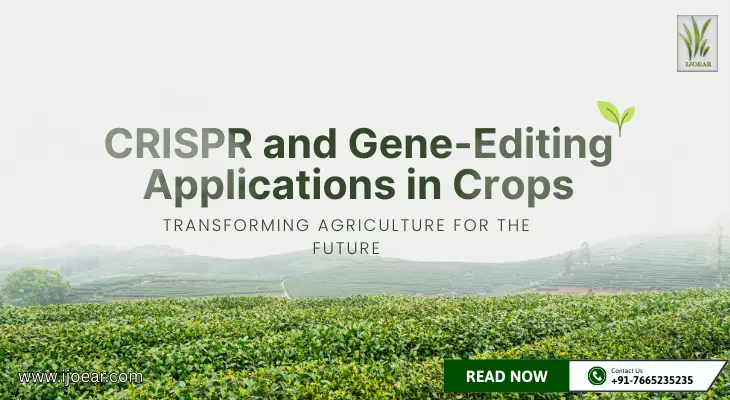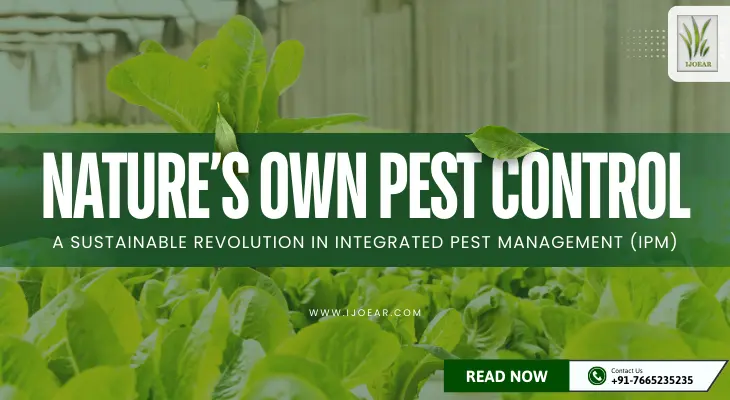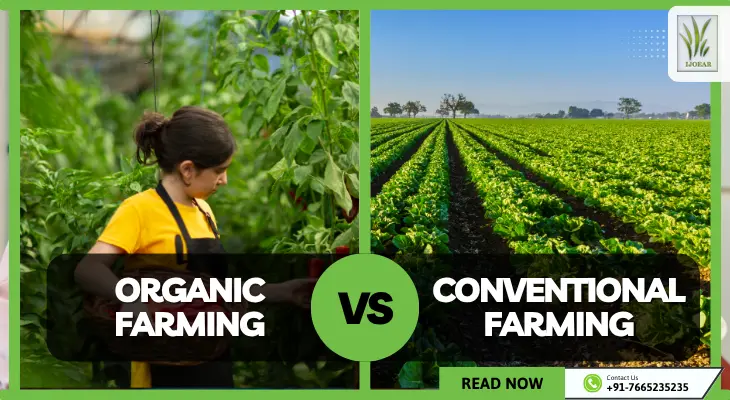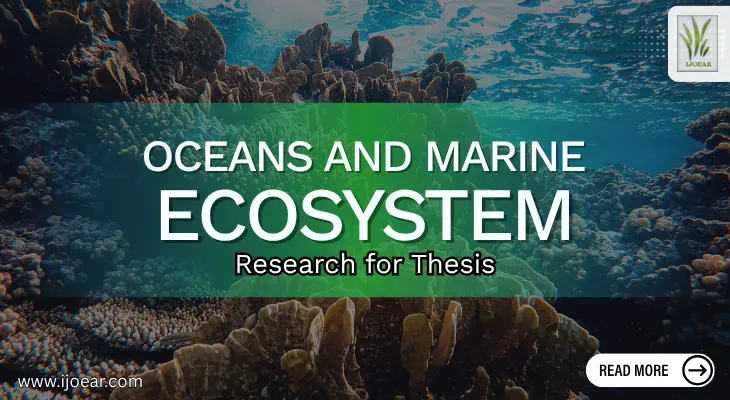
Agriculture is at a turning point, and CRISPR gene-editing is leading the way. From boosting crop yields and disease resistance to enhancing nutrition and climate resilience, CRISPR offers farmers faster, precise, and sustainable solutions. While challenges in regulation and perception remain, its potential to ensure global food security makes it a true game-changer.
Read More
Farmers worldwide are embracing Integrated Pest Management (IPM) to control pests sustainably. By using yeast- and sugar-based sprays to attract natural predators like ladybirds and lacewings, they reduce chemical pesticide use while protecting crops. This eco-friendly method is gaining traction in India, Ethiopia, Kenya, and beyond, marking a shift toward nature-powered agriculture.
Read More
Organic and conventional farming offer two very different approaches to food production. While conventional methods focus on higher yield using chemicals, organic farming supports sustainability by protecting soil, water, and biodiversity. This blog compares both methods and explains why organic farming is considered more environmentally friendly and a better long-term solution.
Read More
Whether you are an aspiring researcher or an agribusiness professional, earning a Ph.D. exemplifies your expertise in the field. Agricultural science is crucial in addressing global food challenges. A Doctorate (Ph.D.) in Agriculture helps scholars contribute through advanced research in areas like plant breeding, soil science, sustainable farming and agroeconomics. This blog offers you a guide for admission process, requirements, and tips for Ph.D scholars.
Read More
Regenerative Agriculture (RA) transcends sustainability, aiming to heal depleted soils and ecosystems. This guide covers RA's principles like minimum tillage and diverse cropping, its benefits for carbon, and food quality. It also addresses implementation challenges and highlights future research crucial for RA's global scaling and equitable adoption.
Read More
Regenerative Agriculture (RA) transcends sustainability, aiming to heal depleted soils and ecosystems. This guide covers RA's principles like minimum tillage and diverse cropping, its benefits for carbon, and food quality. It also addresses implementation challenges and highlights future research crucial for RA's global scaling and equitable adoption.
Read More
This blog explores vital thesis topics on ocean and marine ecosystem research, covering coral reef conservation, microplastic pollution, climate change impacts, deep-sea exploration, and more. It helps students and researchers understand the importance of sustainable practices and technological tools in preserving marine biodiversity and promoting climate resilience through academic research.
Read More
This blog explores the most recent innovations in green infrastructure as cities respond to the challenges of urbanization. From smart sensor technologies to biodiversity corridors and mental health benefits of green spaces, learn how sustainable planning is transforming urban environments into healthier, climate-resilient places.
Read More
This blog delves into groundbreaking research in plastic pollution and waste management, highlighting innovations like biodegradable materials, AI in waste segregation, chemical recycling, and enzyme-based plastic degradation. It emphasizes the role of scientific solutions in combating environmental damage and outlines future pathways for sustainable plastic use and effective waste management.
Read More
This blog explains how to write references in a research article using simple steps. It covers in-text citations, reference list formatting, and popular citation styles such as APA, MLA, IEEE, and Vancouver. With examples and helpful tools, it’s a complete guide for students and researchers to cite sources accurately and avoid plagiarism.
Read More
Biodiversity conservation research is evolving rapidly with technologies like AI, drones, eDNA, and CRISPR. These innovations enable scientists to monitor ecosystems, protect endangered species, and involve communities in conservation efforts. Combining scientific tools with traditional knowledge ensures a sustainable future and effective response to climate change and biodiversity loss.
Read More
PhD research on air pollution and public health explores the complex relationship between environmental pollutants and human health. This field addresses issues like respiratory diseases, policy evaluation, and air quality monitoring. It offers impactful career opportunities in public health, research, and environmental policymaking, contributing to healthier, sustainable futures.
Read More